Professional Courses
Industry-relevant training in Business, Technology, and Design
Categories
Interactive Games
Fun games to boost memory, math, typing, and English skills
Typing
Memory
Math
English Adventures
Knowledge
How the IB Curriculum Prepares Students for Top Universities Worldwide

The International Baccalaureate (IB) offers more than just a school program; it provides an internationally accepted curriculum that encourages independent learning, critical thinking, and a deep understanding of intercultural perspectives.
Students from IB programs are regularly accepted into the world's best universities, including Ivy League institutions, Oxbridge, and reputable Indian universities like Ashoka University, IITs, and Delhi University.
This guide explores how the IB programme is specifically designed to set students up for success in world-leading universities. From its unique structure to the philosophy of evaluation it embodies, the IB fosters the academic and personal traits that today's top educational institutions value most.
A Globally Recognized and Respected Curriculum
The IB Diploma Programme (DP) is currently offered in over 5,700 schools across more than 159 countries. This global presence and its uniformity in academic quality enable universities to accurately compare and assess students from different nationalities and cultures on a level playing field.
The IBDP is widely accepted by top universities in the USA, UK, Canada, Australia, Europe, and India. Admissions officers at these institutions appreciate the depth and rigor of IB subjects, the program's strong emphasis on academic honesty, and its requirement that all students complete a significant piece of independent research.
Explore IB courses on AllRounder.ai
A Strong Focus on Critical Thinking and Research Skills
Instead of promoting the rote memorization that many other school boards’ exams emphasize, the IB curriculum pushes students to question, reflect, and make connections. This is most clearly demonstrated in two key components of the IB Diploma Programme.
1. The Extended Essay (EE)
All IBDP students must produce a 4,000-word independent research paper on a topic of their choice. This process is very similar to writing a thesis at the university level and prepares students for higher education by teaching them how to: * Formulate a focused research question. * Review academic sources and literature. * Develop a logical and well-structured argument. * Properly cite sources and structure a long-form academic essay.
Admissions officers often view the Extended Essay as a sample of a student's ability to perform as a qualified researcher in their chosen field.
2. Theory of Knowledge (TOK)
The TOK course challenges students to investigate the very nature of knowledge itself. They explore how we build our individual and collective understanding across different disciplines like science, history, the arts, and ethics. The goal is to develop critical and reflective learners who are well-prepared for the multidisciplinary atmosphere of the world’s best universities.
TOK directly correlates with higher education courses in philosophy, logic, and reasoning, developing students' critical and analytical minds.
Balanced Subject Groups That Mimic College Requirements
The IB mandates that students choose one subject from each of its six distinct groups: * Studies in Language and Literature * Language Acquisition * Individuals and Societies (e.g., History, Economics, Psychology) * Sciences (e.g., Biology, Chemistry, Physics) * Mathematics * The Arts (or an additional subject from the groups above)
This structure ensures that students receive a well-balanced and comprehensive education, which is in line with the liberal arts tradition established by leading global universities like Harvard and Oxford.
Students can choose to take a subject at either Standard Level (SL) or Higher Level (HL), depending on their future academic plans. Most top-tier institutions pay close attention to a student's HL choices during the admissions process.
Academic Rigor and Challenging Assessments
The IB programme is known for being academically rigorous. The assessments are designed to be challenging and varied, encouraging independent learning skills. These include: * Internal assessments (essays, lab experiments, oral presentations) * External exams (written papers, case studies, extended-response questions) * Group projects * Real-world applications of knowledge
Universities favor IB applicants because they are often better prepared for the demands of college-level work. Research from institutions such as Stanford University has shown that IB students tend to: * Have higher GPAs in their first year of college. * Are more likely to graduate on time. * Adapt more quickly to rigorous academic workloads.
CAS: Fostering Holistic Development
CAS, which stands for Creativity, Activity, and Service, is a non-academic requirement of the IB Diploma that emphasizes a student’s development outside the classroom. It includes: * Creativity: Projects in areas like art, music, coding, or design. * Activity: Participation in sports, fitness challenges, or outdoor expeditions. * Service: Engaging in volunteering, community projects, or environmental work.
CAS helps create well-rounded global citizens who are engaged with the world around them. This holistic development is highly valued by international universities, which often review applications based on more than just grades and exam scores.
Check out AllRounder.ai’s co-curricular enrichment resources →
Multilingual Proficiency and Global Awareness
The IB curriculum places a strong emphasis on language learning. All students are required to study at least one second language, which helps to improve their: * Communication skills * Cultural empathy and understanding * Adaptability in diverse academic and social settings
Strong English language skills are also a common admission requirement for most universities in Europe, Canada, and Asia.
Favorable University Admissions Policies
Many universities around the world have specific admissions policies in place for IB students, recognizing the strength of the program. These can include: * Granting credit or advanced placement in first-year university courses. * Making conditional offers based on a student's predicted IB grades. * Offering specific scholarship opportunities for IB Diploma holders.
For example: * The University of Toronto in Canada may offer up to 30 transfer credits for high scores in HL subjects. * King’s College London in the UK is known to favor IB students for competitive programs like law and medicine. * Ivy League universities like Yale and Princeton may grant advanced standing to students with strong IB results. * Ashoka University in India actively recruits IB graduates and allows for direct applications without needing to take the CUET.
Most institutions will post their IB-specific requirements on their admissions pages. A competitive score for top universities is often in the range of 36 to 42 out of a maximum of 45 points.
The IB Advantage: Preparing You for Global Universities
The IB offers more than just academic challenges; it teaches students curiosity, research skills, time management, and self-awareness. It prepares them for the rigors of a top-tier university education. IB graduates are well-regarded by admissions officers both at home in India and abroad because of their holistic development and college readiness.
With tools like AllRounder.ai to complement their studies, IB students can enhance their preparation with revision kits, interactive exercises, and custom progress tracking. If you want to attend a university that prioritizes critical thinking, strong communication, and high-quality work, the IB can provide the perfect launchpad for your academic journey.
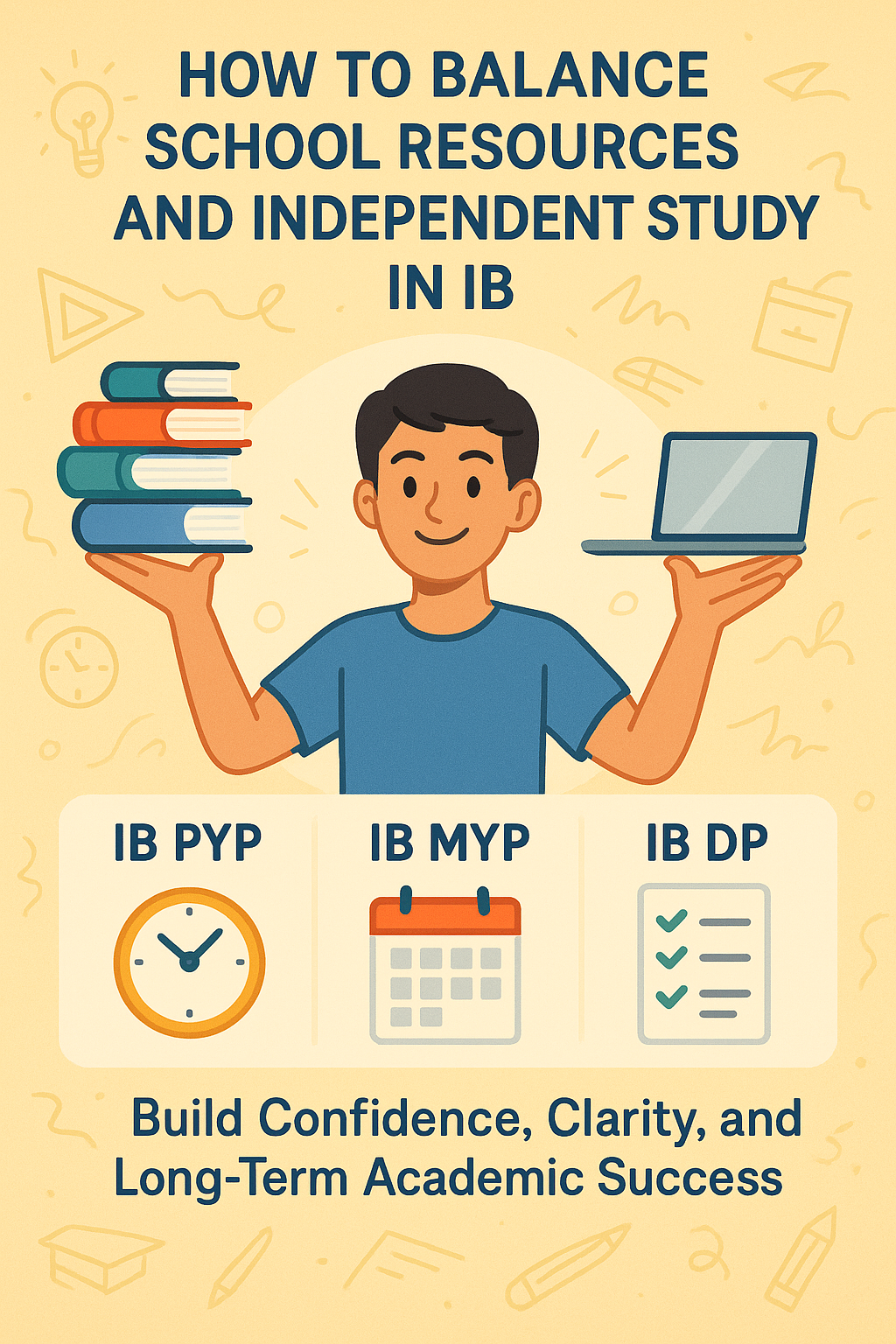
Learn how IB students can balance school resources and independent study across IB PYP, MYP, and DP to build...
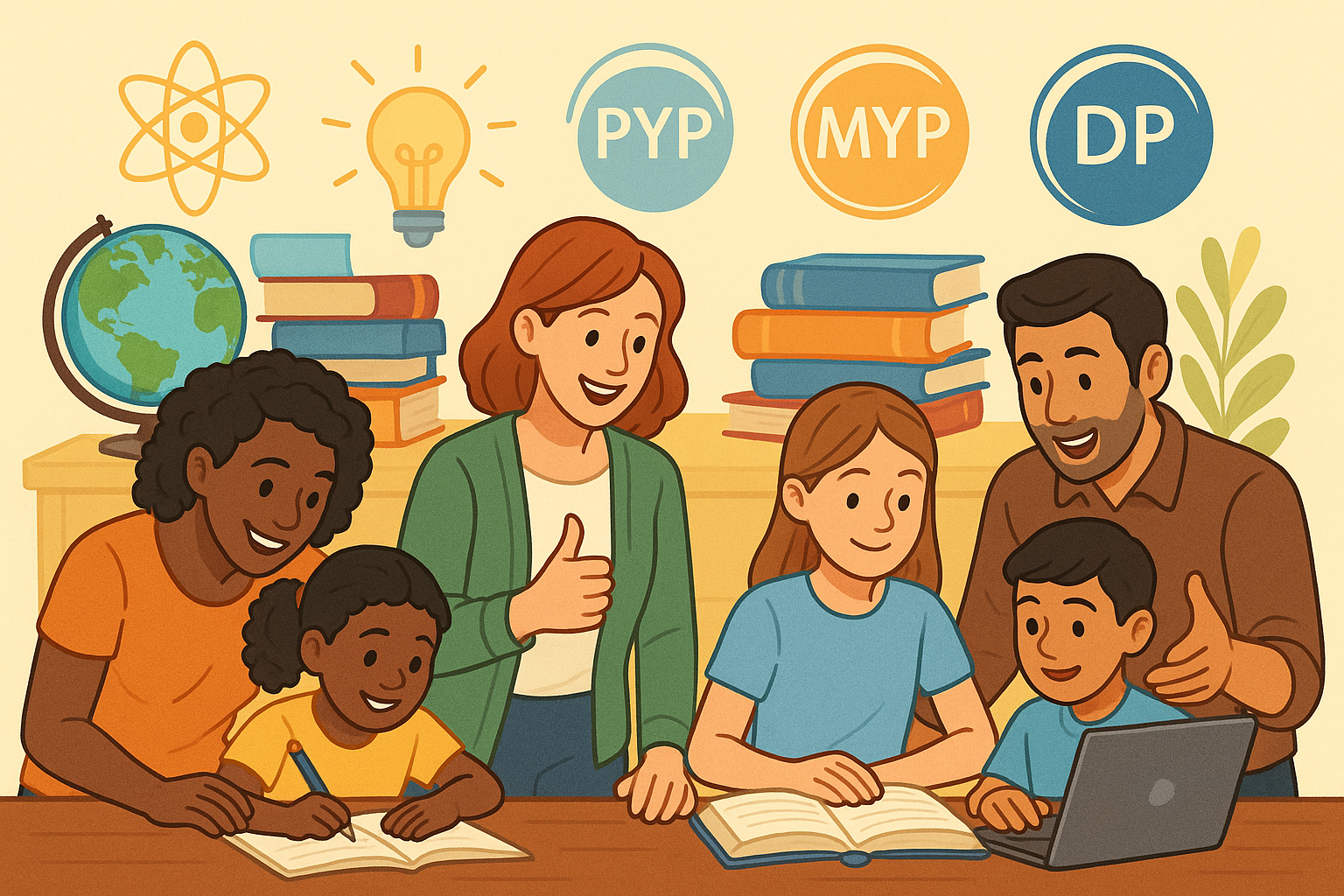
Learn how parents can identify quality academic support for IB learners that aligns with IB PYP, MYP, and DP values...
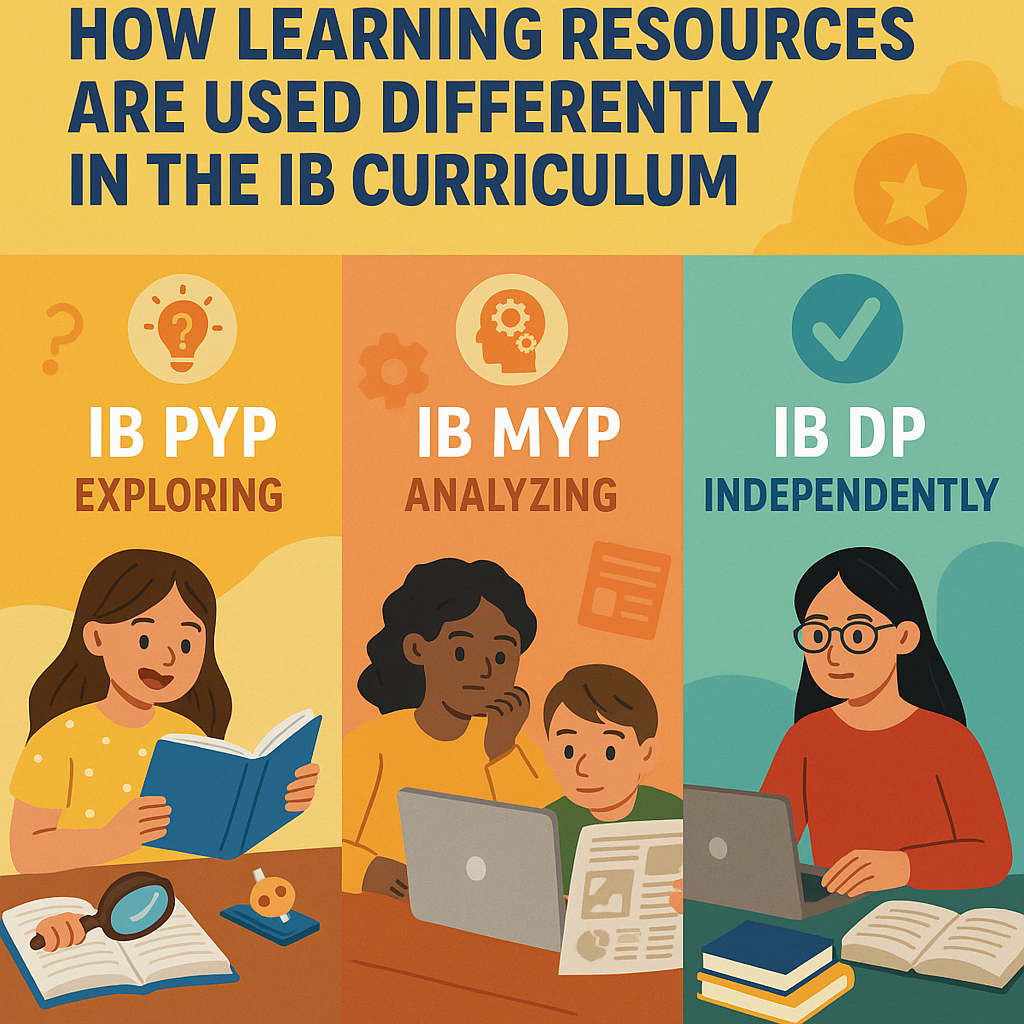
Discover how learning resources are used differently in the IB curriculum and how IB PYP, MYP, and DP students...
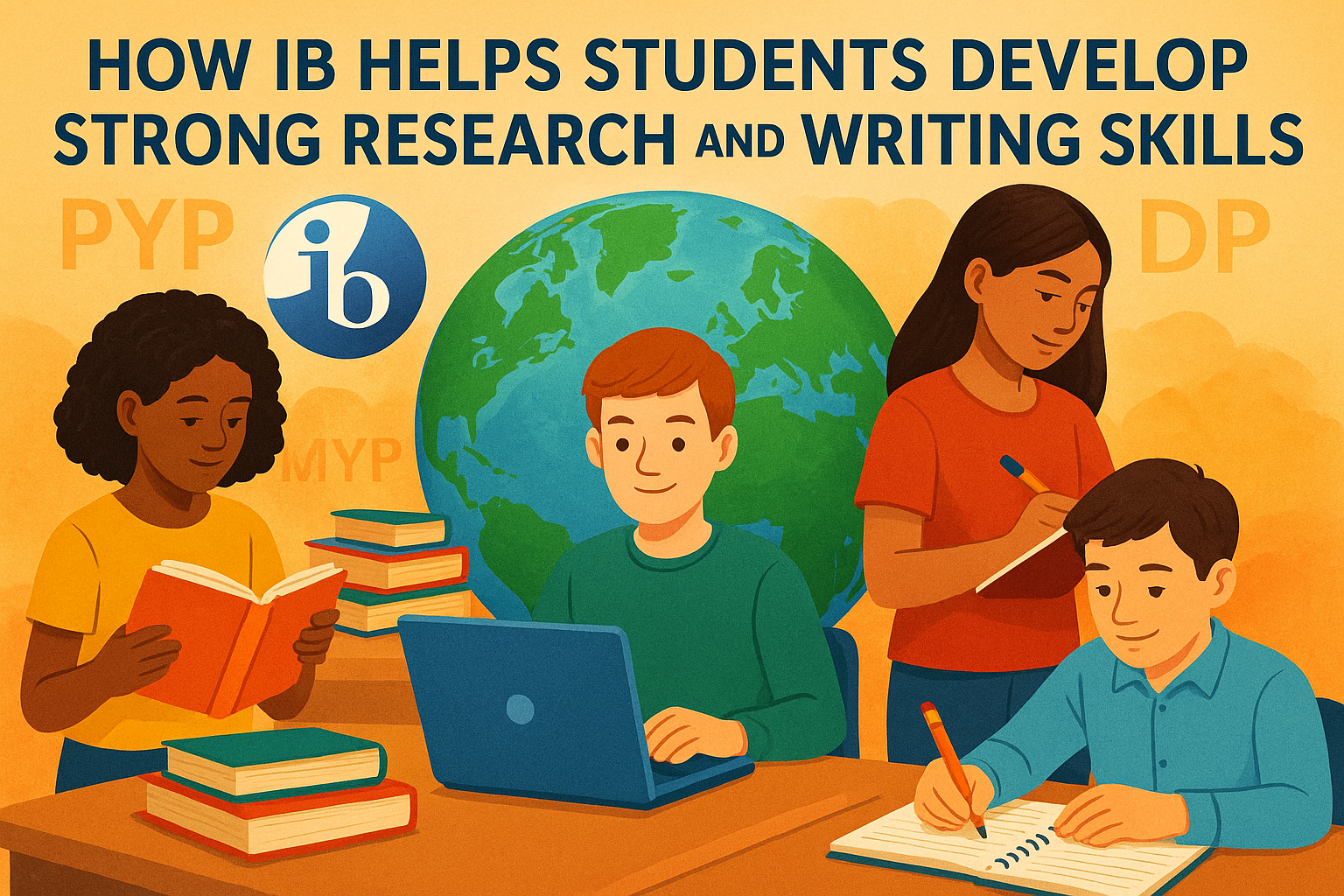
Learn how the IB curriculum helps students develop strong research and writing skills across IB PYP, MYP, and DP,...
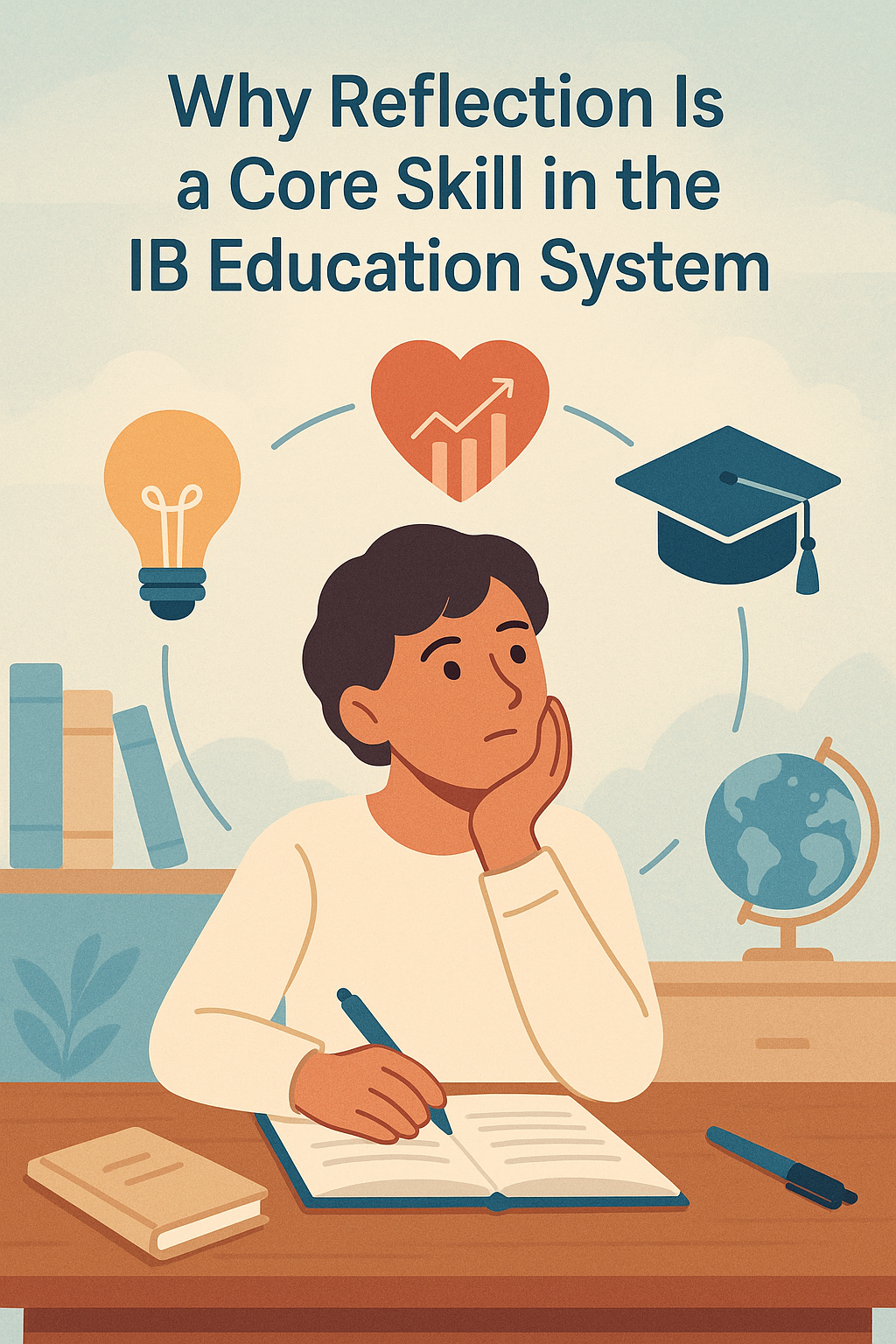
Discover why reflection is a core skill in the IB education system and how it supports independent thinking,...
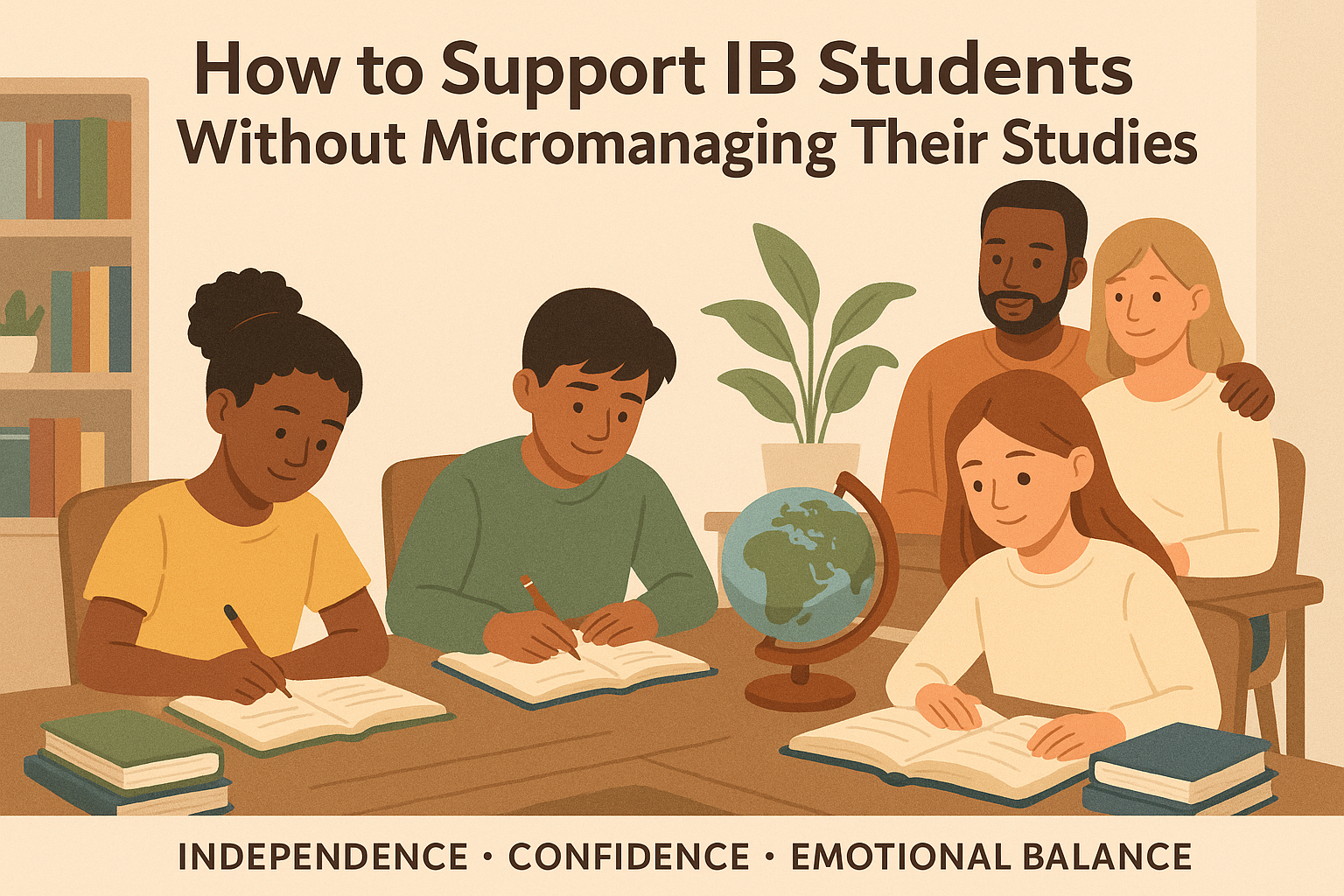
Learn how parents can support IB students across IB PYP, MYP, and DP without micromanaging, while building...
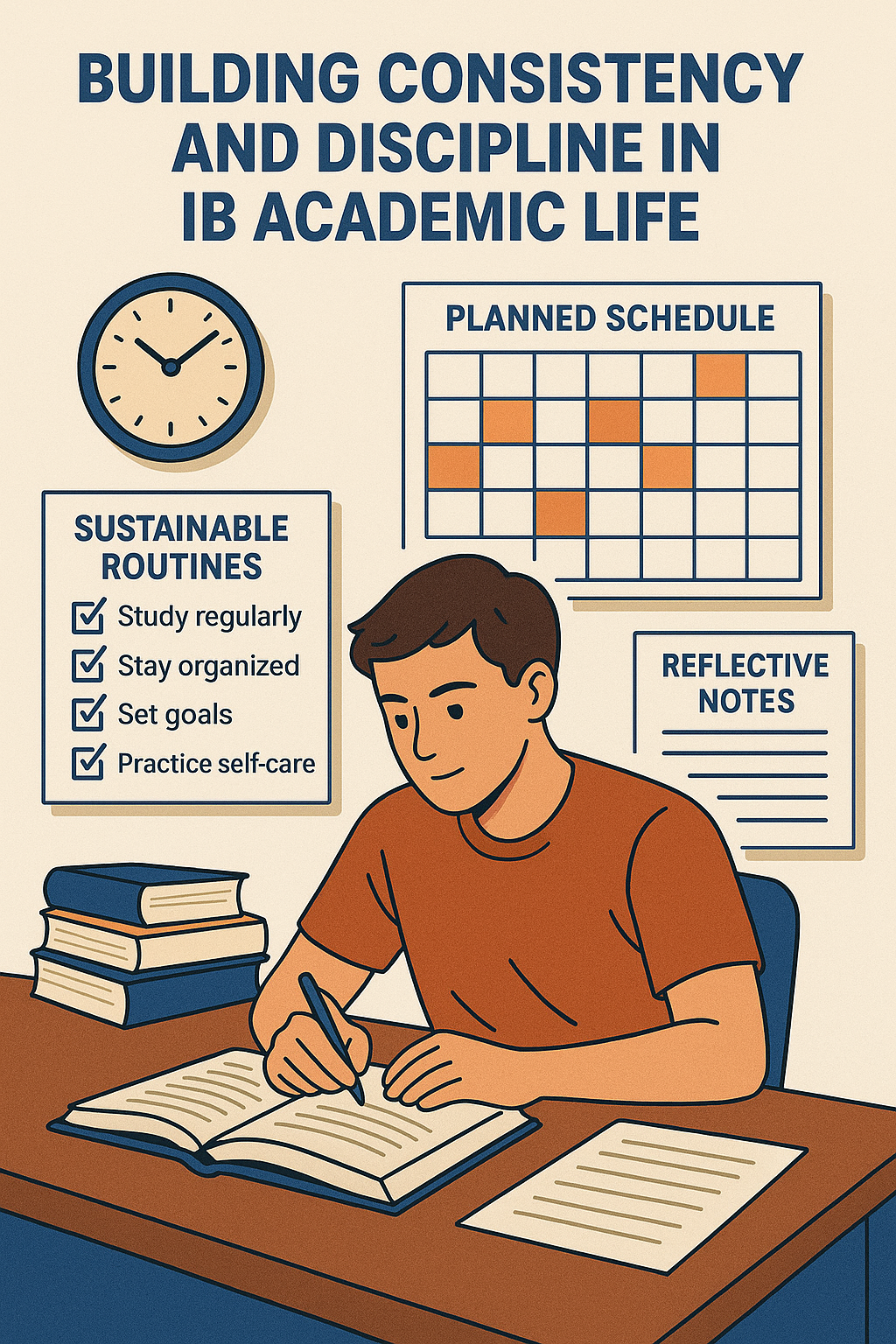
Learn how IB students can build consistency and discipline through sustainable routines, reflective habits, and...
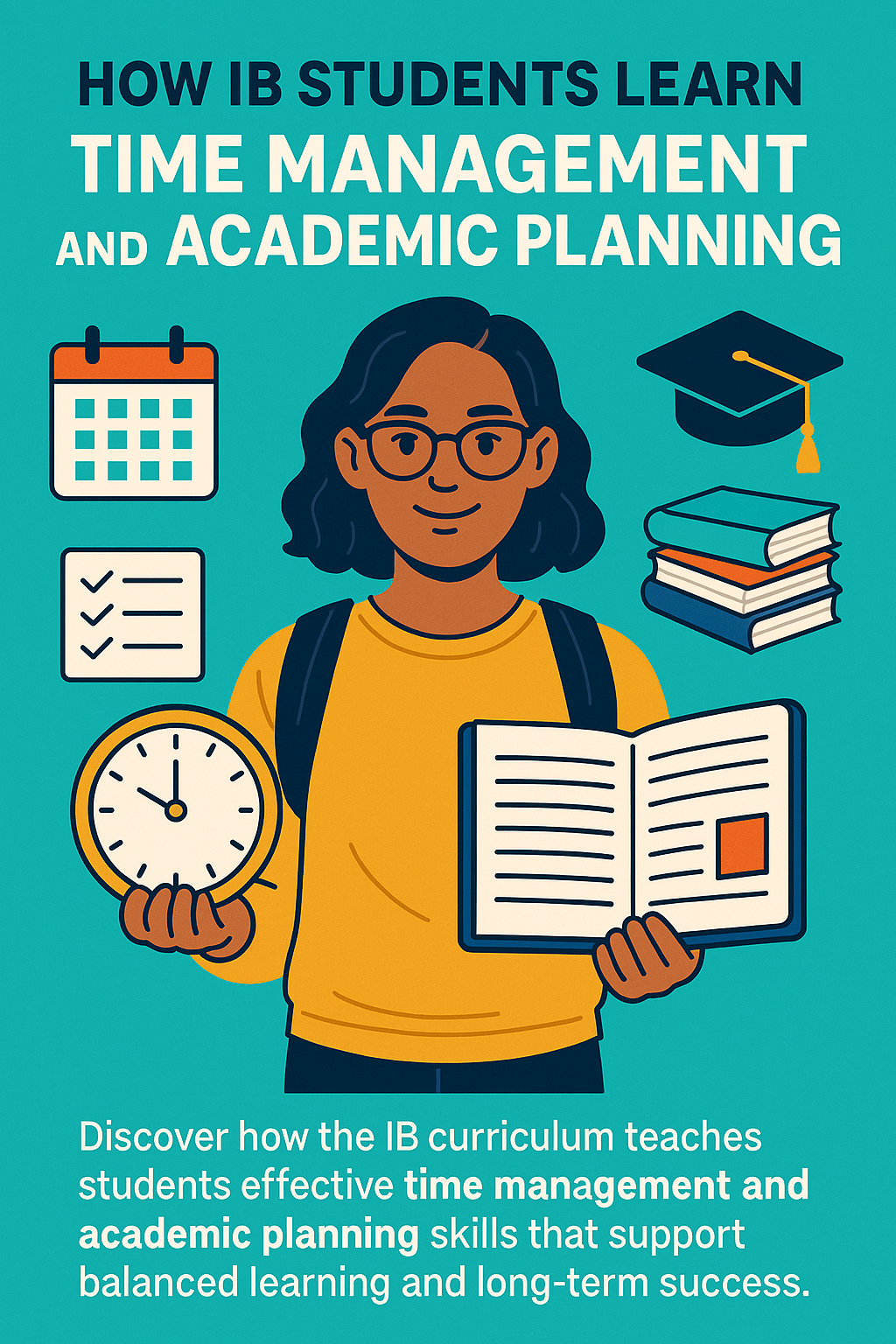
Discover how the IB curriculum teaches students effective time management and academic planning skills that support...

Learn how IB students can avoid burnout while managing coursework by building balanced routines, aligning study...
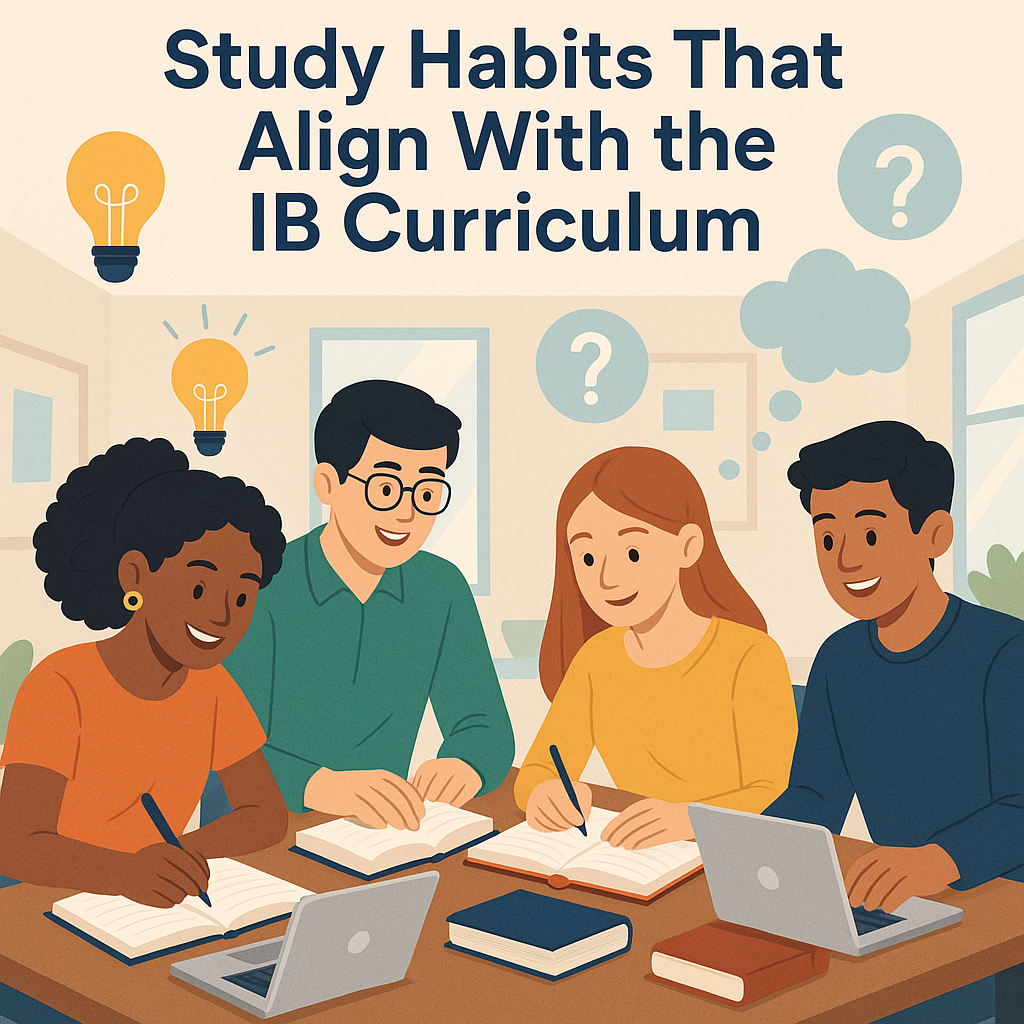
Discover study habits that align with the IB curriculum and help students succeed through inquiry-based learning,...
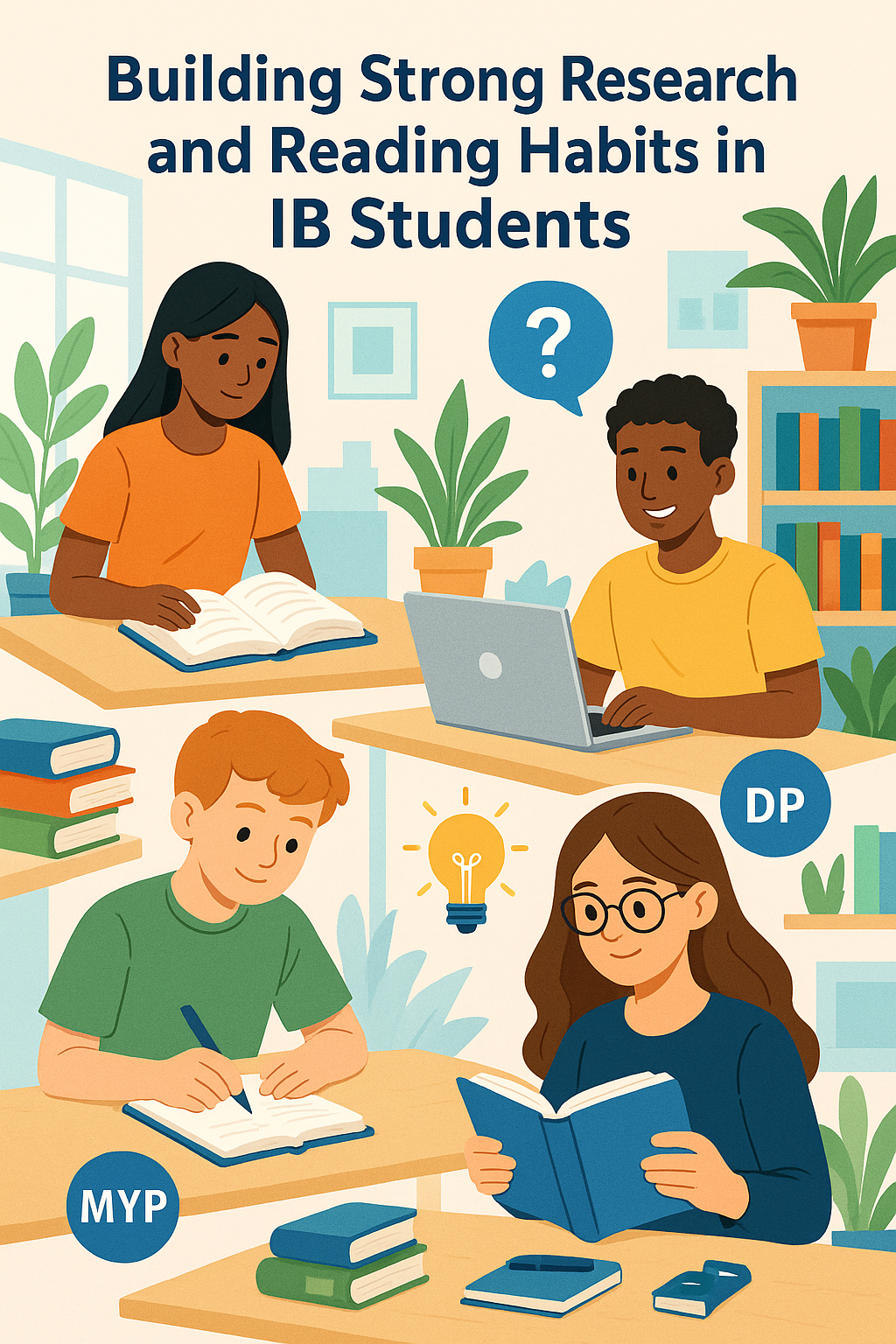
Learn how the IB curriculum builds strong research and reading habits through inquiry-based learning, reflection,...
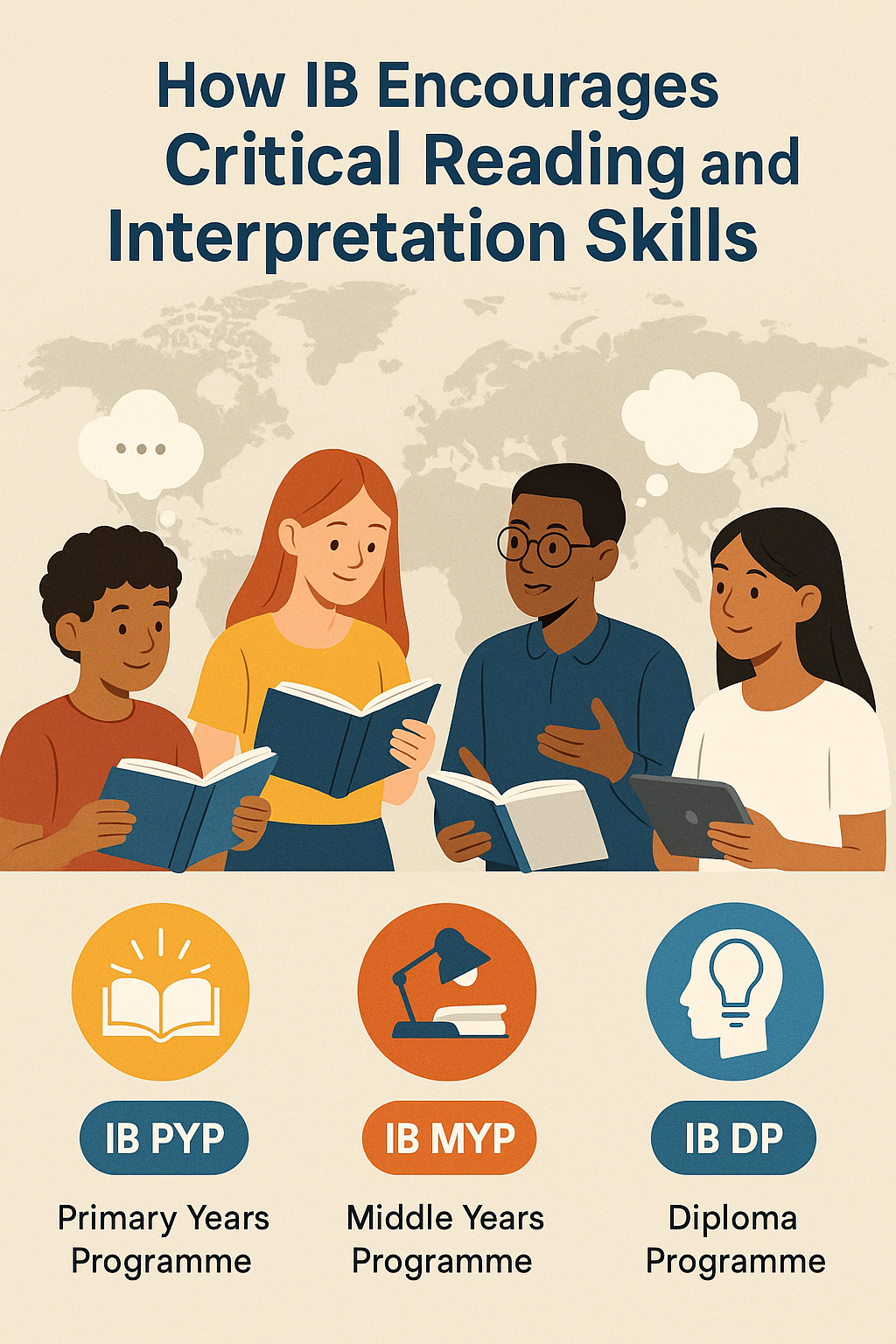
Discover how the IB syllabus builds strong critical reading and interpretation skills through inquiry-based...
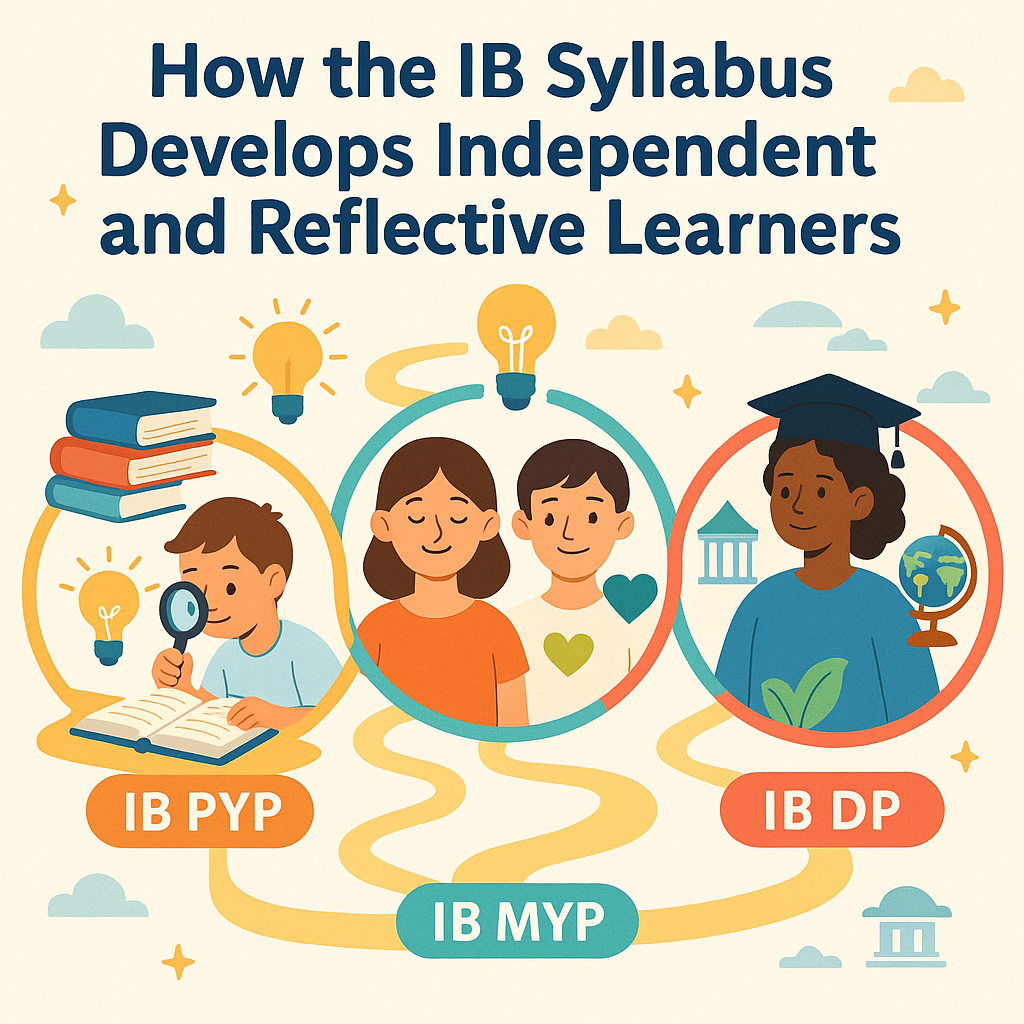
Discover how the IB syllabus builds independent and reflective learners through inquiry-based learning, emotional...
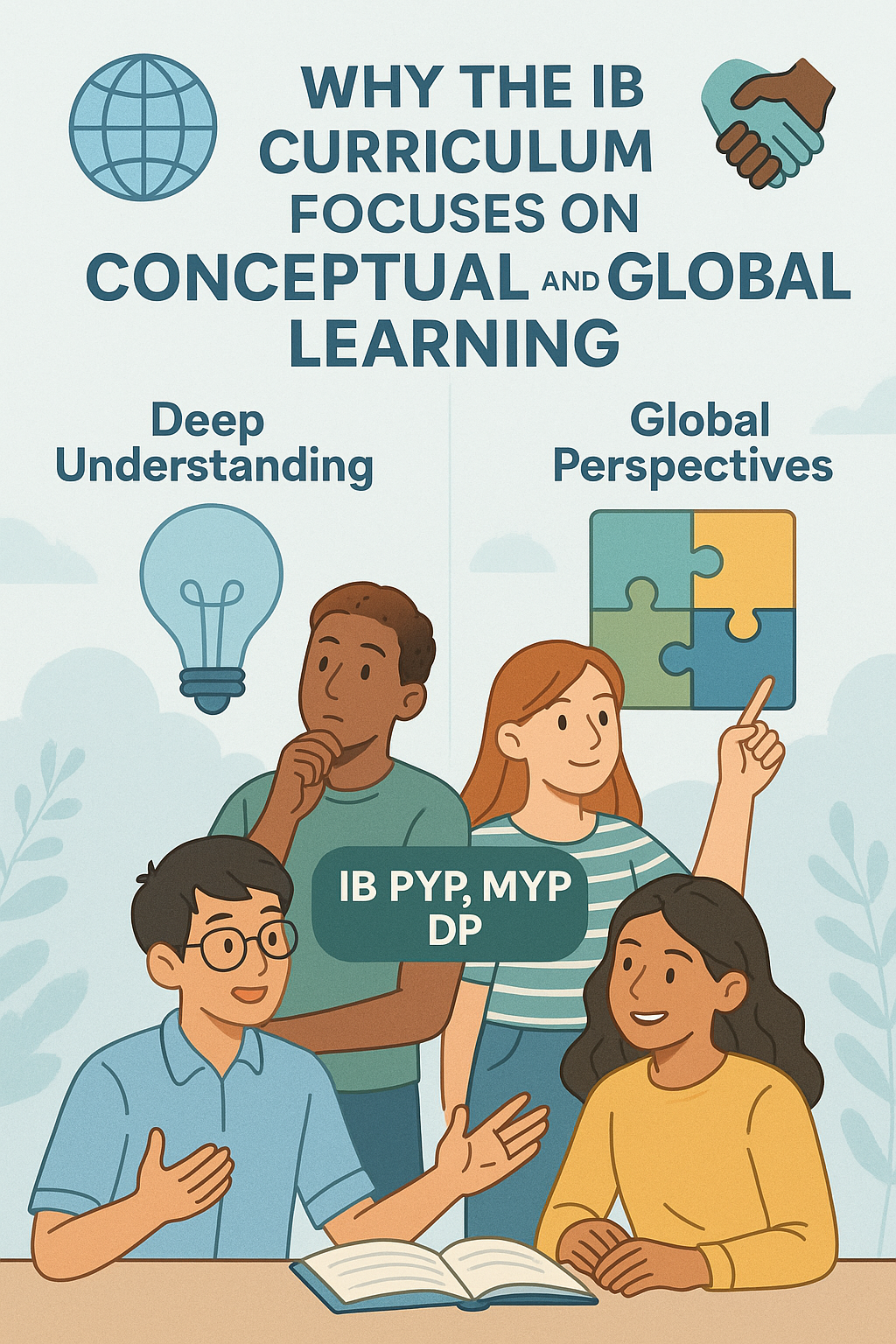
Learn why the IB curriculum focuses on conceptual and global learning, how IB PYP, MYP, and DP develop deep...
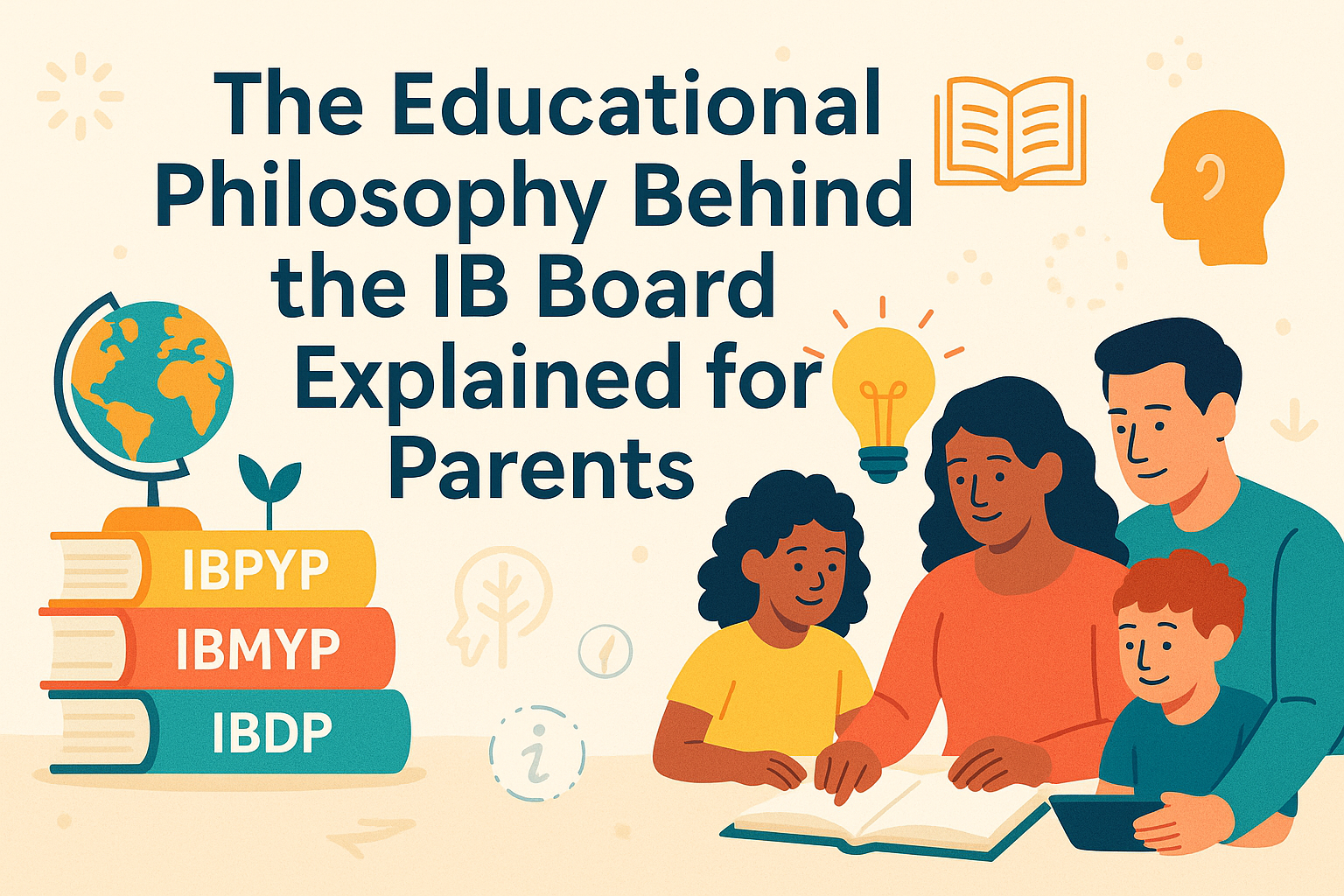
Understand the educational philosophy behind the IB board, including IB PYP, MYP, and DP, and learn how IB learning...
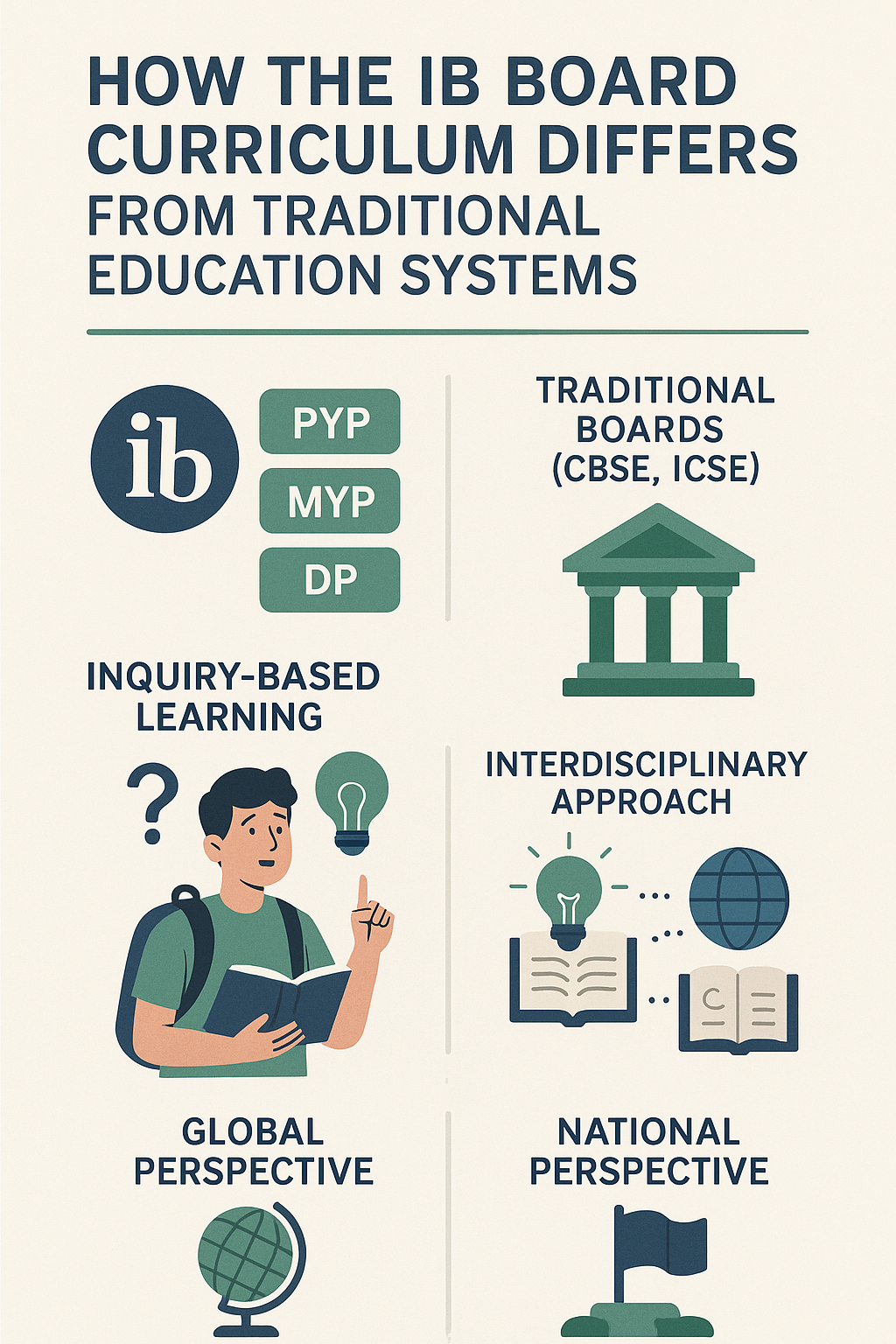
Explore how the IB board curriculum differs from traditional education systems like CBSE and ICSE, and understand IB...
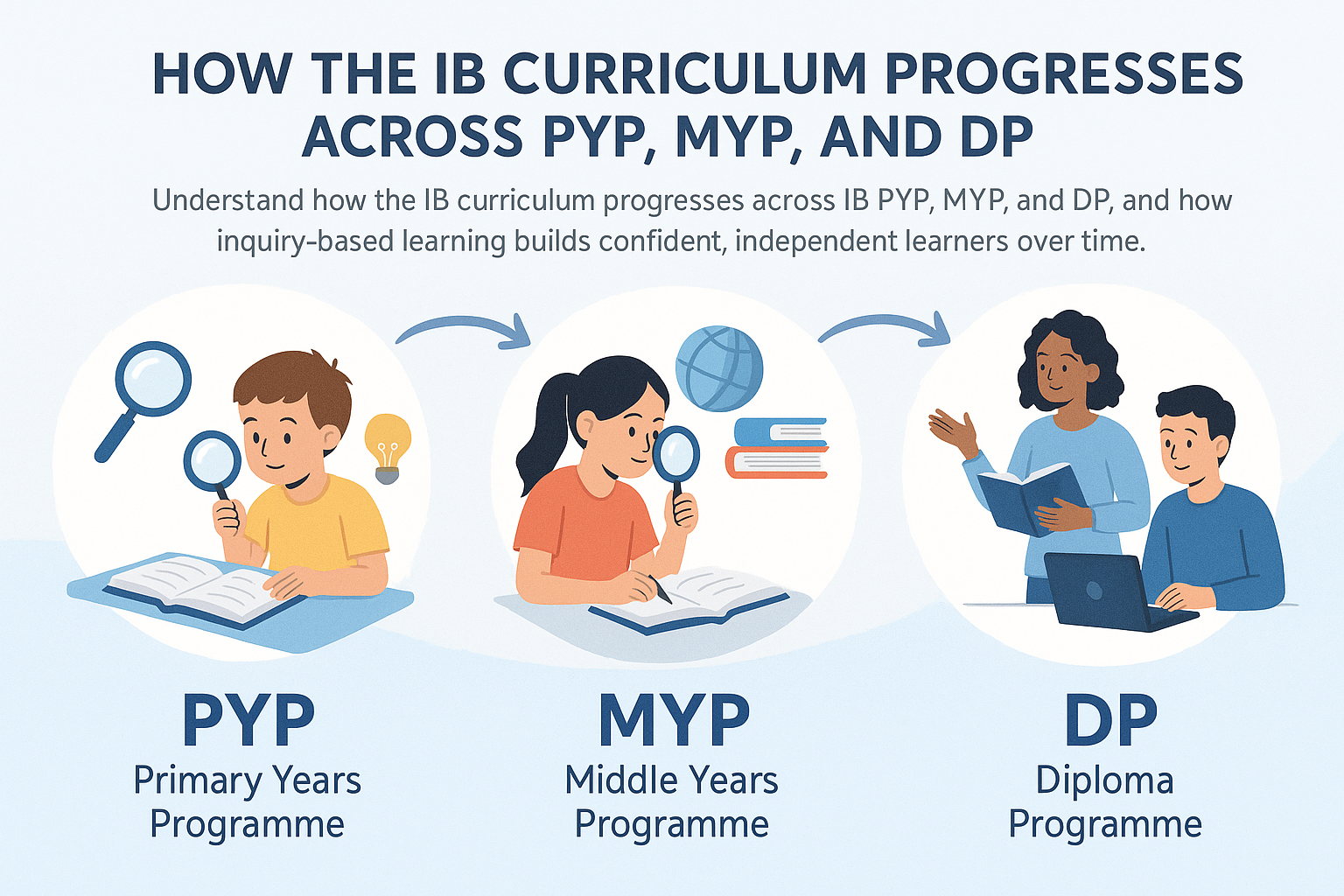
Understand how the IB curriculum progresses across IB PYP, MYP, and DP, and how inquiry-based learning builds...
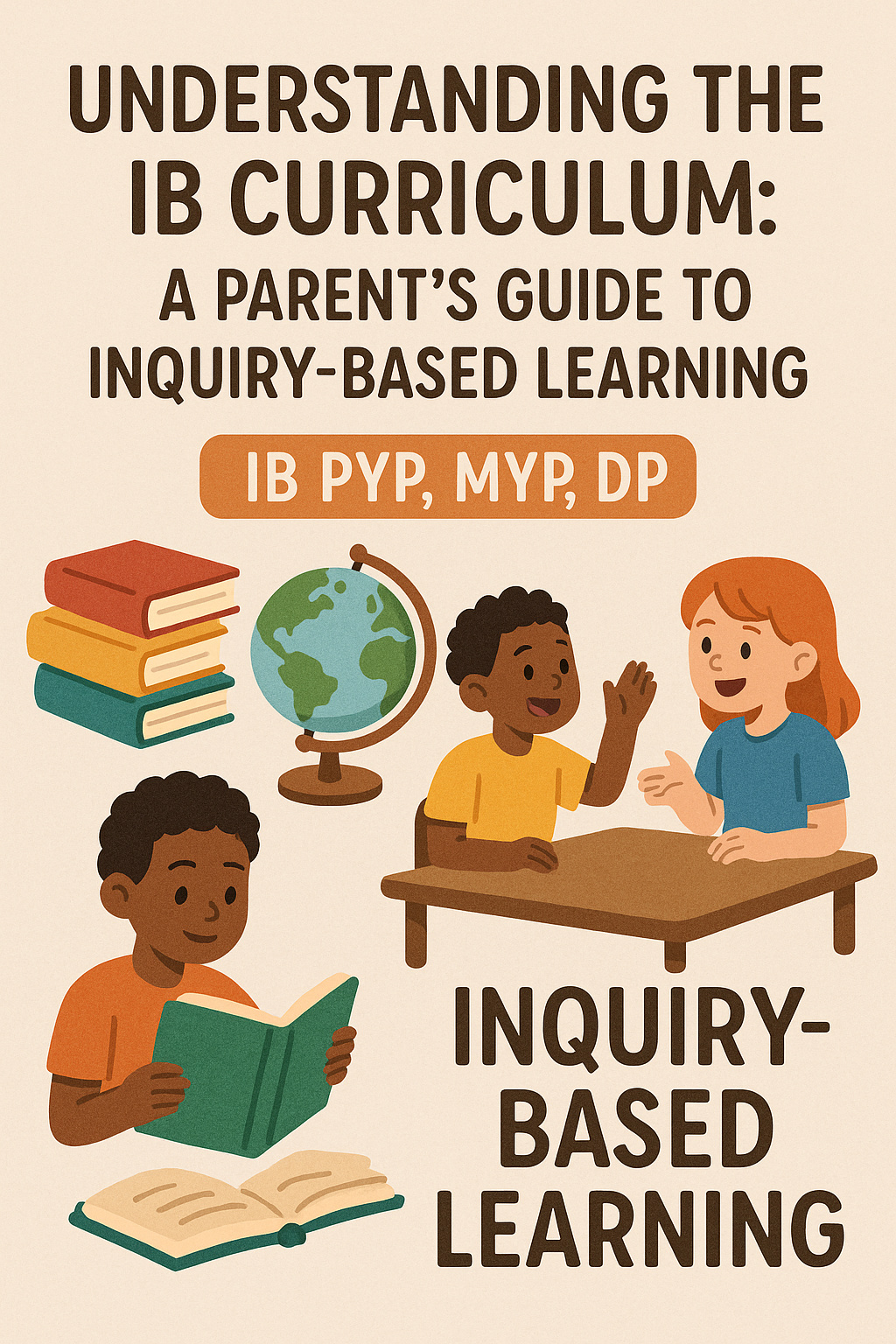
A parent friendly guide to understanding the IB curriculum, IB PYP, MYP, and DP, and how inquiry based learning...
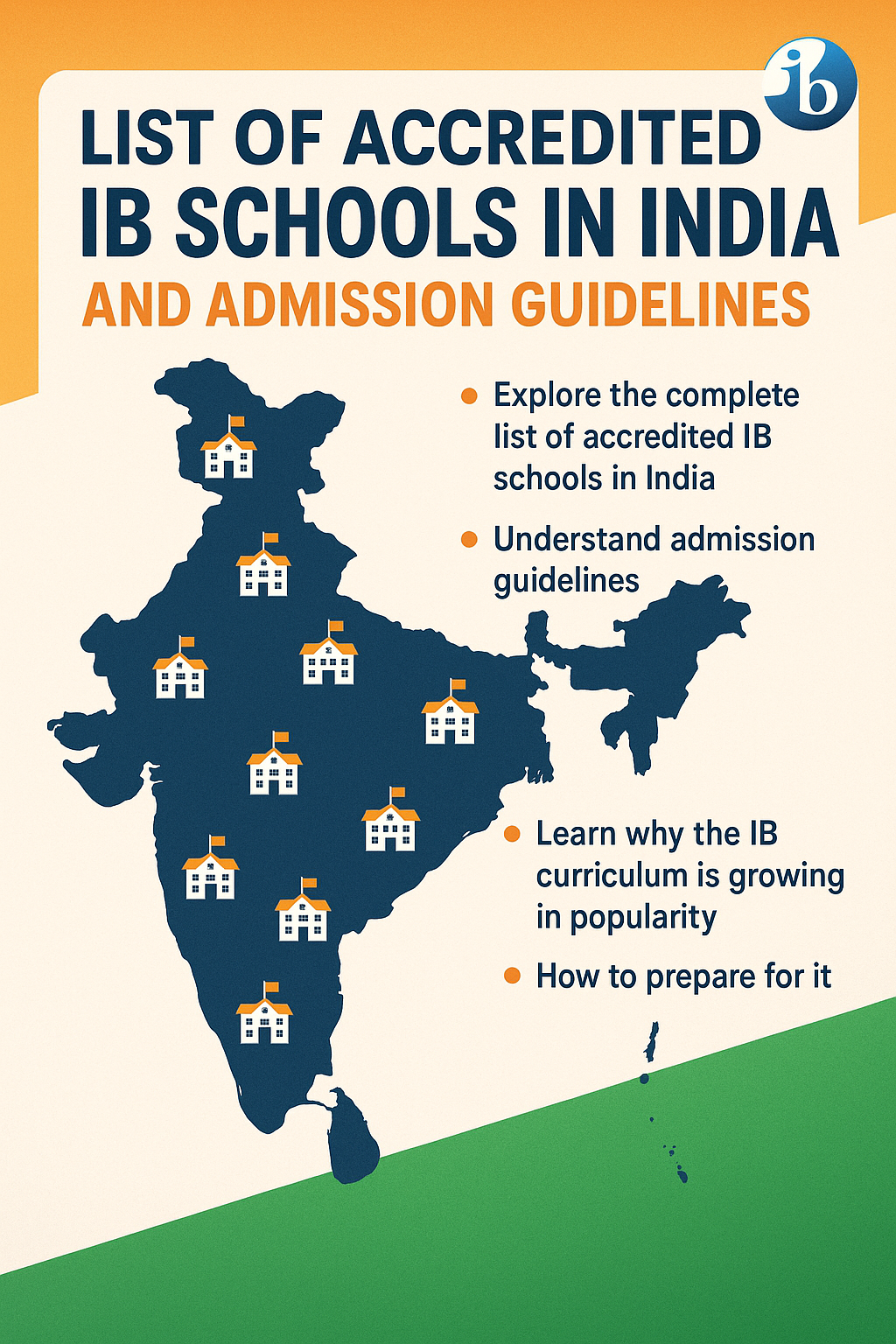
Explore the complete list of accredited IB schools in India and understand admission guidelines. Learn why the IB...

A complete guide for parents in Kolkata to understand the IB curriculum. Learn about PYP, MYP, IBDP stages,...

Discover the IB Diploma Programme curriculum, subject groups, core requirements, and benefits of IB. Learn how...

Thinking of joining the IB Programme? Learn about its rewards, challenges, and how AllRounder.ai can help you...

Discover the IB PYP curriculum framework, key learning areas, transdisciplinary themes, and how it nurtures lifelong...

Explore the IB syllabus structure, subject groups, and core components like TOK, CAS, and EE. A complete guide to IB...

Discover how the IB curriculum prepares students for Ivy League and top global universities. Explore skills,...

Explore how to choose IB subjects wisely. Learn about IB subject groups, HL vs SL, and combinations aligned with...

Understand the 10 IB Learner Profile attributes and why they matter in shaping global, future-ready students.

A detailed comparison of IB, CBSE, and ICSE boards. Learn about curriculum, teaching methods, and which board best...

Discover the IB Board – its global recognition, programs, and unique education philosophy.
Resources
-
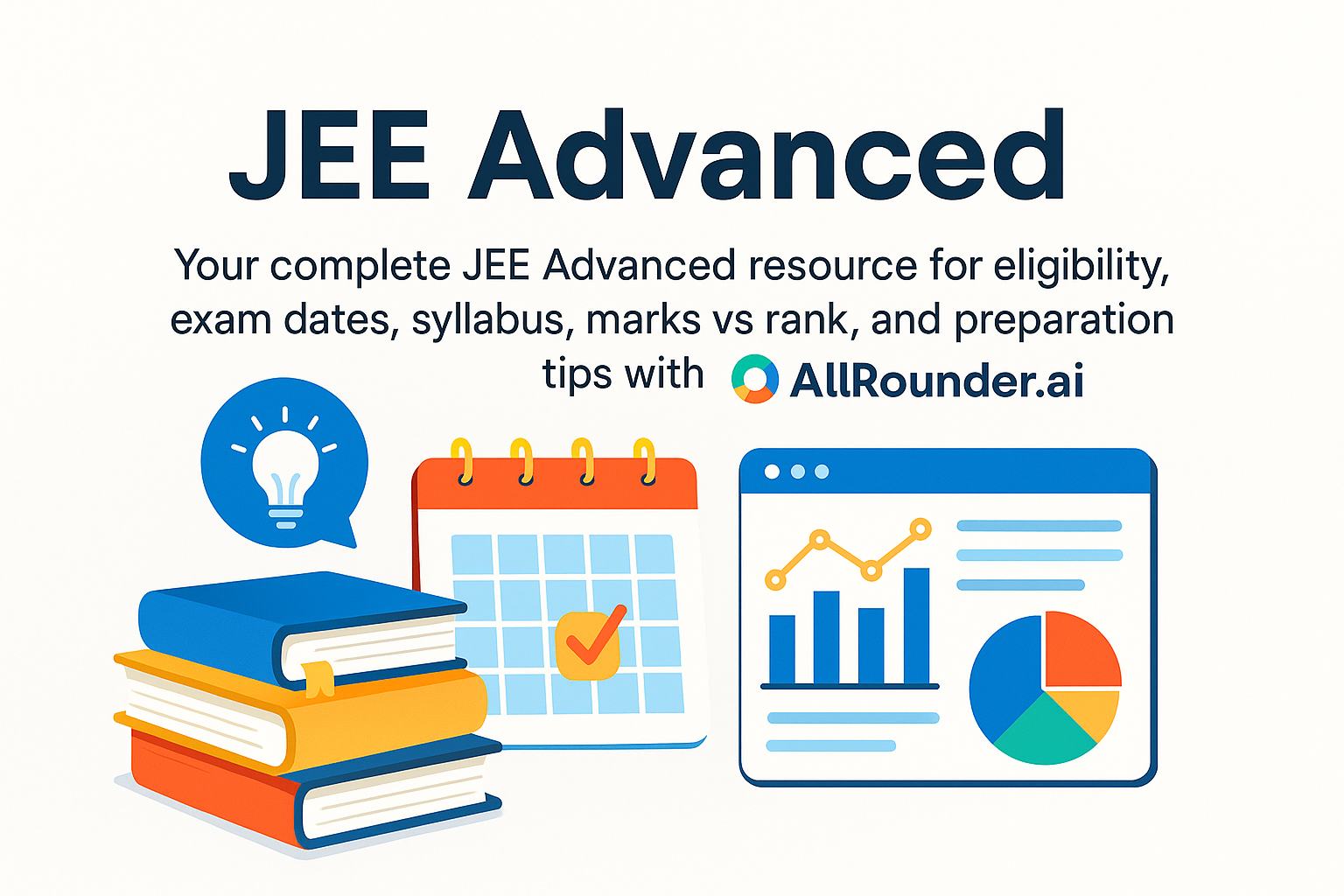
Your complete JEE Advanced resource for eligibility, exam dates, syllabus, marks vs rank, and...
-
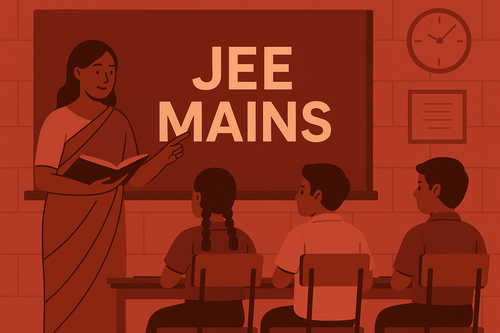
Understand the entire JEE Main process, from application and eligibility rules to the exam...
-

Explore the IB Board – a global curriculum emphasizing holistic, student-centered learning...
-

Learn about CBSE – India’s national school board offering a standardized curriculum, NCERT...
-

Explore everything about the ICSE board – its curriculum, subjects, exam format, and academic...
